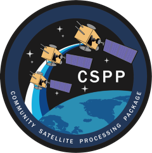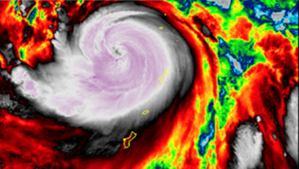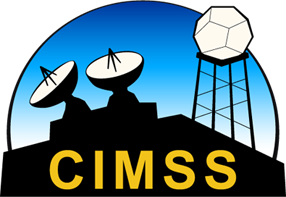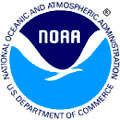2025 CSPP Users’ Group Meeting
It is with sincere regret that we must inform you of the cancellation of the CSPP Users’ Group Meeting scheduled for 1-3 April 2025 at the Hyatt Regency Hotel in Guam. Due to uncertainty regarding attendee availability and unforeseen circumstances beyond our control, we have made the difficult decision to cancel this event.
We understand the inconvenience this may cause and deeply apologize for any disruption to your plans.
Registration fees will be reimbursed to the users’ credit cards. If you do not see a reversal of the charges within a week, please contact us.
For those who have made hotel reservations, please remember to cancel.
We are currently exploring alternative meeting options in the future and will keep you informed of any updates.
Thank you for your understanding and continued support. If you have any questions or need further assistance, please do not hesitate to reach out.
Best Regards,
The CSPP Users Group Organization Team at the University of Wisconsin
Liam Gumley, Graeme Martin, Jessica Braun, Maria Vasys and Kathy Strabala
For more information, contact Maria Vasys.




